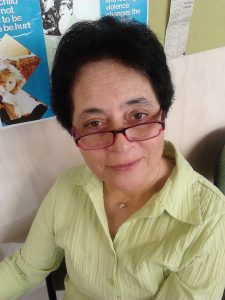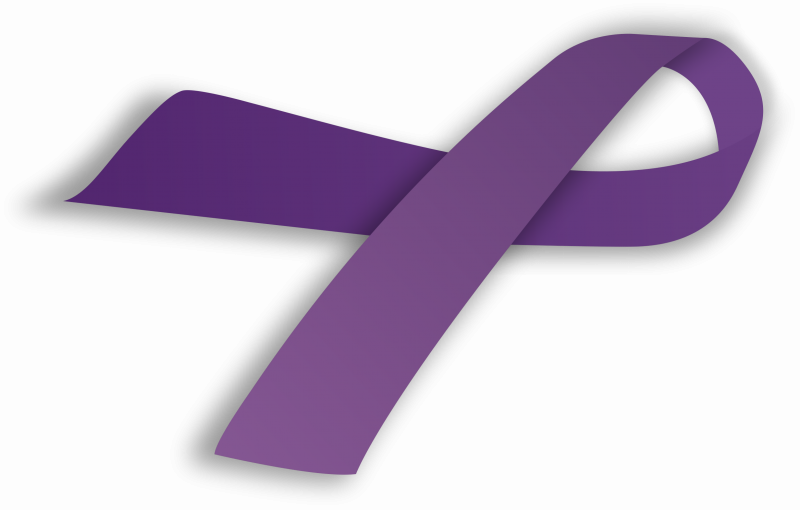Catholic Social Services (CSS) is rolling out a programme called Train the Trainers — Pacific Living without Violence for the central and south Auckland Pacific community.
The programme was initiated with the assistance of the Auckland and Waitemata District Health Boards Pacific Health Team. Planning and funding manager Lita Foliaki and Pacific Public Health Manager Sione Feki brought the project together.
“I looked at a literature review. The DHB requires evidence for aything it does. And I’ve discovered there is no evidence for any programme working. So that gave us the opportunity to create our own,” Ms Foliaki said.
The programme looked at family violence from a health rather than a justice perspective to make it preventive rather than punitive. It is also Church-based, as it was initially proposed to the boards by Methodist minister, the Rev. Featunai Liuaana.

Sr Cabrini Makasiale
CSS psychotherapist Sr Cabrini Makasiale of the Anashim community was brought in to develop the programme. A professional counsellor and psychotherapist with a background in theology, she is of Tongan and English ethnicity, a cross-cultural tutor and fluent in Fijian and Tongan.
Sr Cabrini said the programme was well received in North Shore and west Auckland but Ms Foliaki’s mandate does not extend to south Auckland.
Realising the need for a family violence prevention programme in south Auckland as well, CSS director John Metherell obtained funding from the Todd Foundation.
Sr Cabrini said family violence is an issue “both evolutionary and historical” that needs to be tackled in the Pacific community. Ministry of Social Development research has identified that the two primary health risks for Pasifika in 2015 are family violence and housing.
“In the Islands physical disciplining is generally the main way parents manage their children. Such behaviour has been set in for some time without assisting the parents to reflect on their actions with reference to context and constructive evolutionary insights,” she said.
Generally, Pacific cultures value faith, hierarchy, patriarchy and community, she explained.
“The male holds the power and that is a value that’s very difficult to change,” she said.
Loyalty to the community and family allegiance is a primary value but this engenders silence when family violence occurs. Gospel values are often taken out of context to back up hierarchical or patriarchal positions.
Addressing the problem through the churches is a tactical step because many Pacific Islanders still attend church services.
“The dressing up and gathering together to attend the church service
contributes to the build-up of the sense of family, community and faith,” she explained.
The ministers and lay people who participate in Training the Trainers it is hoped will be able to place Gospel teachings in perspective so that they would not be used to perpetuate abuse.
Sr Cabrini explained there are structures within the Pacific churches that can be used to implement the programme.
The Train the Trainers programme consists of six short, sharp sessions. This construct contributes to the regular, enthusiastic and participative dispositions on the part of the attendees. The evaluations have confirmed the positive learnings that are happening, she said.
She said CSS is tapping Catholic parish priests and parish councils to help implement the programme.
“It’s about Gospel and mercy. We need men, ministers and priests, to work and run these workshops so they can be role models to men who are violating women and children,” she said.

Reader Interactions